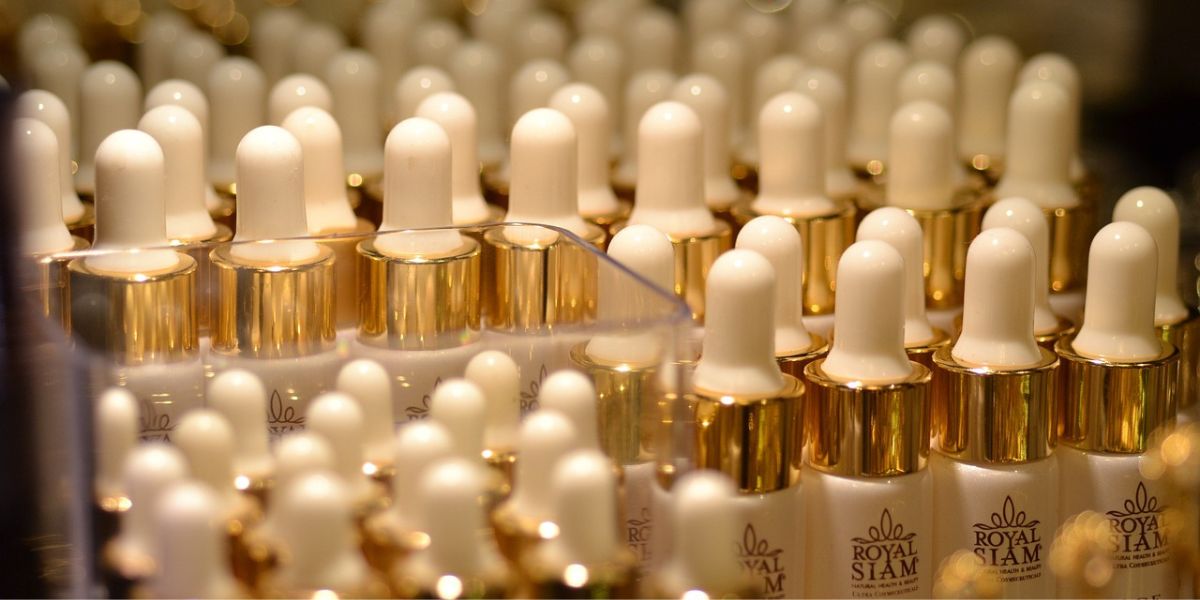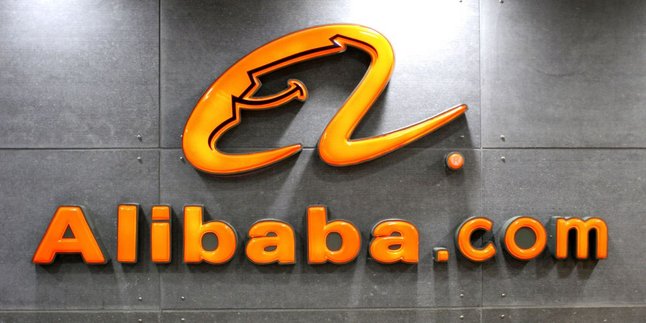Kapanlagi.com - The halal status of products has become a major concern for consumers in Indonesia. For many people, ensuring that the goods they consume meet the halal standards recognized by the government is very important. With halal certification, consumers can feel at ease knowing that the products they purchase have undergone a rigorous verification process in accordance with Islamic law.
The Halal Product Assurance Organizing Agency (BPJPH) has introduced an online service that makes it easy for the public to quickly and conveniently check the halal certification status of a product. Through the site halal.go.id, you can easily search whether a particular product has obtained halal certification or not.
So, how do you check the halal status of a product? What should be considered regarding halal certification? Check out the complete guide summarized by Kapanlagi.com on Tuesday (25/2).
1. How to Check the Status of a Halal Product Certificate at Halal.go.id
To ensure that a product has a valid halal certificate, the public can check it directly through the official BPJPH Ministry of Religion website at www.halal.go.id. This service allows consumers and business actors to search for information on the halal status of a product in a practical and transparent manner. The steps to check the halal certificate status are as follows:
- Open the halal.go.id website and look for the halal product search menu.
- Enter the product name or manufacturer's name into the available search box.
- Click the search button, then the system will display information related to the halal certificate status of the product.
- If the product already has a halal certificate, the certification details will appear, including the certificate number, validity period, and information about the certifying agency.
If the product is not found, there is a possibility that the product has not yet been halal certified or is still in the application process.
2. Why is Halal Certification Important for Consumers and Business Actors?
Halal certification is not only a guarantee that a product meets Islamic law standards, but it also enhances consumer trust in the products they purchase. With a halal certificate, consumers do not need to worry about the raw materials or production processes of a product. For business actors, having a halal certificate provides several benefits, including:
- It is important for increasing consumer trust in the product.
- Competitive advantage, as halal products are more sought after in both domestic and international markets.
- Quality assurance, as halal certification ensures that the entire production process meets hygiene and food safety standards.
- Ease of market expansion, especially to countries with strict regulations regarding halal products, such as Malaysia, Saudi Arabia, and the United Arab Emirates.
The government also urges all food, beverage, cosmetic, and pharmaceutical business actors to promptly obtain halal certification before the specified deadline in order to continue competing in the market.
3. The Halal Certification Process in Indonesia, What Should Be Considered?
For producers who want to obtain a halal certificate, there are several requirements that must be met. This certification process is carried out through the Halal Product Guarantee Agency (BPJPH) and involves the Halal Inspection Agency (LPH) as well as the Indonesian Ulema Council (MUI).
Here are the stages in the halal certification process:
- Online registration through the SIHALAL system, by completing the necessary documents.
- Document verification by BPJPH, including checking raw materials and the production process.
- Field audit by the Halal Inspection Agency (LPH) to ensure compliance with halal standards.
- Halal fatwa from MUI, which determines the halal status of the product based on the audit results.
- Issuance of halal certificate by BPJPH, which is valid for four years and can be renewed.
Business actors who have obtained a halal certificate are required to comply with applicable regulations and ensure that there are no changes in composition or production processes without notifying BPJPH.
4. The Benefits of Halal Certified Products for Consumers
Choosing halal certified products has now become a smart choice for consumers who prioritize safety and comfort while shopping. Every product with a halal label has undergone a series of feasibility tests that ensure it is free from haram or najis substances, thus providing a greater guarantee with every consumption.
In addition, halal products are often associated with higher standards of cleanliness and quality, as the certification process encompasses not only religious aspects but also food safety, cleanliness of production facilities, and product quality.
With easy access to halal information through the site halal.go.id, consumers can now easily choose products that align with their values and beliefs.
5. Halal Certification Updates Made Easy
Now, halal certification is not only applicable to food and beverages but also extends to various other products such as cosmetics, pharmaceuticals, and clothing that contain certain materials. The government continues to strive to increase the number of halal certified products, providing consumers with more safe and Sharia-compliant choices.
For more information, the public can visit the website halal.go.id or follow the official social media @halal.indonesia, where BPJPH regularly updates the list of halal certified products.
For business actors who wish to obtain certification, it is important to understand the existing requirements and procedures, as well as to register before the specified deadline to avoid administrative sanctions.
"The public can update regarding halal certificates through our website or social media," explained the Head of the Halal Product Assurance Agency (BPJPH) Muhammad Aqil Irham, quoting kemenag.go.id.
6. FAQ
1. How to check the halal certificate of a product?
Consumers can check the halal certificate status through the website www.halal.go.id, then enter the product name or manufacturer name in the search column.
2. What are the benefits of halal certification for business actors?
Halal certification enhances product competitiveness, ensures quality standards, and opens opportunities for expansion into international markets that have strict regulations on halal products.
3. How long does the halal certification process take?
The halal certification process can take about 21 to 45 working days, depending on the completeness of the documents and the results of field verification.
4. Do all products need to have a halal certificate?
Yes, based on the latest regulations, all food, beverage, cosmetic, pharmaceutical products, and other goods related to human consumption are required to have a halal certificate.
5. Is the halal certificate valid for a lifetime?
No, the halal certificate has a validity period of four years and must be renewed before it expires.
(kpl/rmt)
Disclaimer: This translation from Bahasa Indonesia to English has been generated by Artificial Intelligence.












